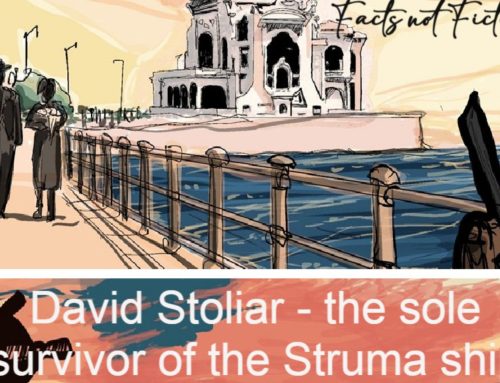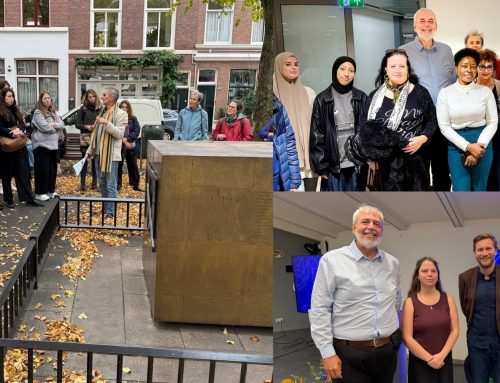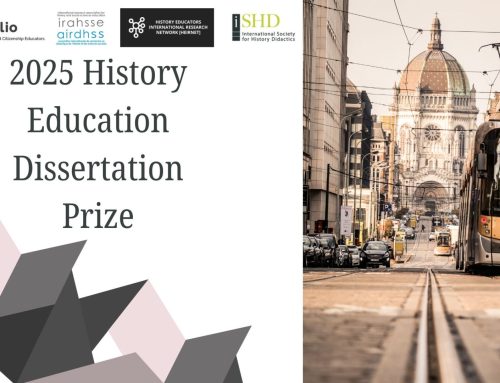As March 2013 was the kick-off of a new phase in the four year project ‘History that Connects: How to Teach Sensitive and Controversial History in the countries of Former Yugoslavia’, the educational material becomes more concrete with every editors meeting that is being held. The modules are being translated and decisions are being made on the layout, structure and common notes. With an eye on the near future, exemplar modules will be identified during the next meeting in the Republic of Macedonia from 7th to 9th of June, both for training and network purposes. But of course the final goal is to implement and use the teaching material that is under development, and therefore piloting trainings are indispensible.
The piloting seminars in the Republic of Macedonia, Croatia, Bosnia and Herzegovina and Serbia contributed to the project in three ways. As part of the teacher trainings the interactive workshops were a way to introduce history educators in the country with new educational material and innovative teaching. During this seminar questions were discussed on how to use this material in the classroom. In which ways could it be complementary to the topics that are already being taught during the school year? Is the material suitable for the age category of the student? How to introduce a source-based methodology? In this respect, average grades for the project turned out to be very high and positive remarks were made: ‘Good conception, ambitious project, opens a wide range of possibilities’ and ‘Opinion on the other is often based on false and fake stereotypes, source material is necessary to know others’.
Secondly, the piloting seminars contributed to the project in a way that the editors received feedback on the modules from the educators who are standing at the forefront of history education. Thanks to the educators filling out evaluation forms on the project and exemplar modules a clear report could be made on the overall results. These results were in large measure very positive, on a scale from 1-5, most elements were evaluated with a 4.5 or higher. But also the challenges were discussed, especially about the obstacles caused by the educational conditions in their region. In the end, all these results can be used by the editors to improve the material in its aims and usability.
At last, the piloting seminars brought together history teachers from all over the country. This made it possible for the teachers to discuss each other’s approaches in the classroom and to become part of a network of history educators. Part of it is moreover the enhancement of capacity building and the strengthening of History Teachers Associations as civil society actors. As mentioned in the evaluation report of Bosnia and Herzegovina, all the participants showed great interest and energy for the future activities of the association. And with regards to the competences of the organizers, a participant mentioned: ‘This project is a very good idea. The project representatives are very competent and all the workshops could be use in history teaching’.












